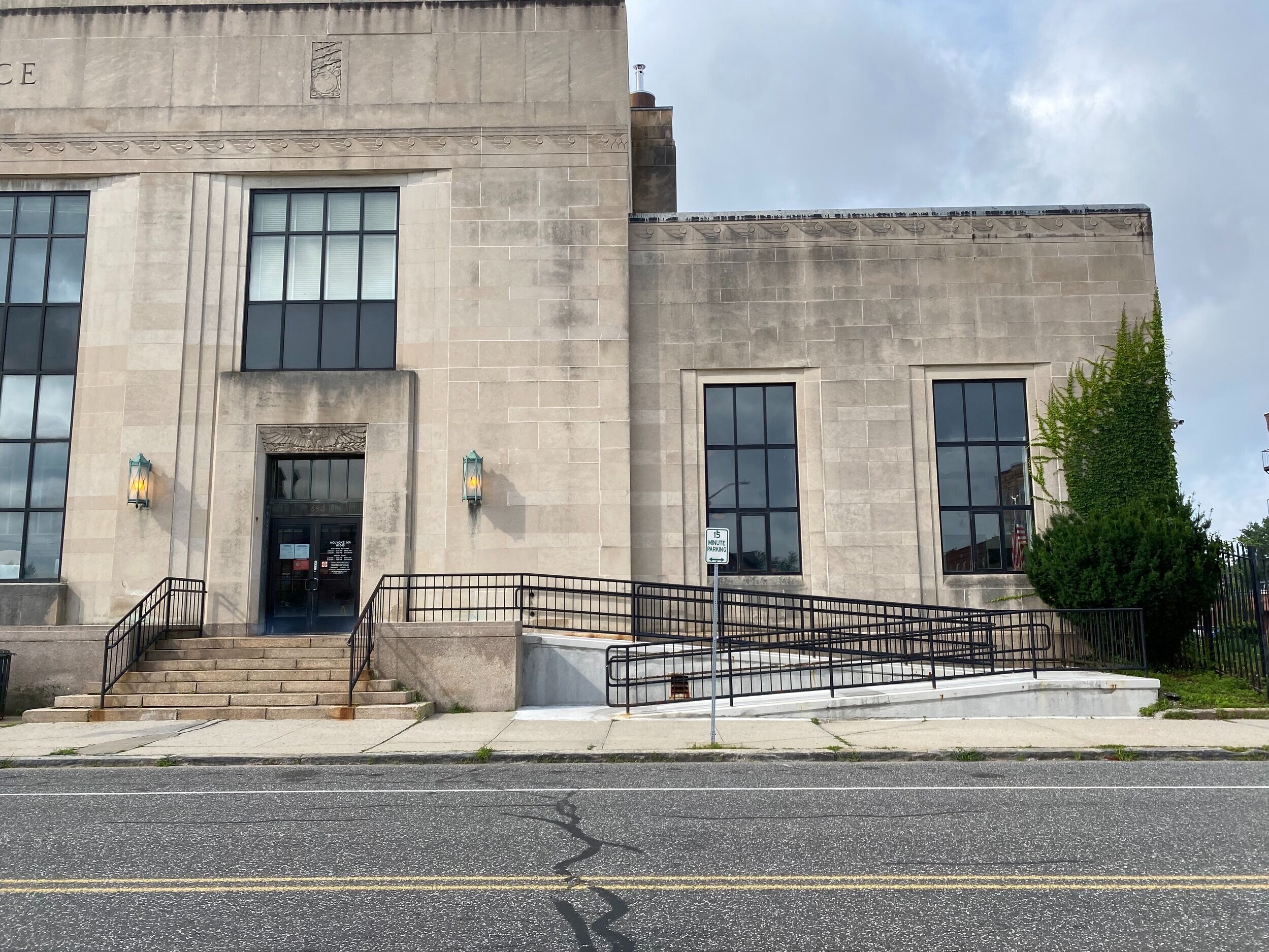
What does the SSI Restoration Act of 2021 address?
This bill has yet to be introduced in the 118th Congress (2023-2025). When it was introduced in the 117th Congress in 2021, it contained the provisions below. In the second section of this page, we recommend further updates to the bill in pursuit of disability justice. To help advance all of these provisions, use our Take Action button in the top right corner of your browser window.
-
The monthly benefits
The current maximum monthly benefit for a qualified recipient is $794 for an individual, or about 74% of the Federal Poverty Level. The bill would raise the monthly assistance to at least 100% of the Federal Poverty Level and adjust it annually for inflation so that no one receiving SSI will be left to live below the poverty line.
-
The asset limit
Individual SSI recipients must not hold more than $2,000 in financial assets. If they exceed this limit by even one dollar, they are penalized the full monthly benefit, making it impossible to save for an emergency, a move, a vehicle, necessary adaptive equipment, etc. The bill would adjust this limit up to $10,000.
-
The marriage penalty
At this time there is one set of benefits and asset limits for individuals, and a separate, reduced set for married couples where both spouses qualify for SSI. This means that SSI recipients can’t get married without financial penalty. The bill would allow a qualified married couple to receive twice the individual rate.
-
The income exemptions
SSI recipients are penalized for receiving more than $20 a month in unearned income or $65 in earned income. These limits have not been adjusted since 1972. The bill would raise these figures to $128 and $416 respectively, allowing SSI recipients to receive modest pensions, tax credits and child support, and work part time.
-
In-kind support and maintenance
SSI recipients are penalized for having roommates or living with family and must report any assistance they receive from loved ones, including being taken to dinner by family. The bill would remove these penalties.
-
Retirement exclusion
The bill would exclude retirement accounts from financial assets, allowing people with disabilities to build up their savings and use those resources to pay for expenses in later life.

What else could the SSI Restoration Act do?
We are calling on co-sponsors of this bill to make the following updates.
Extend SSI to US territories
Make SSI available to citizens of Puerto Rico, Guam, American Samoa, the Northern Mariana Islands, and the U.S. Virgin Islands.
Update the penalty structure
Currently, if an SSI recipient exceeds the asset limit when receiving their monthly benefit, even if it is by only one dollar, the Social Security Administration will later reclaim the full month’s income. This penalty should be restructured to reclaim only the amount by which the asset limit was exceeded.
Furthermore, under current regulations and practices, assets are reviewed only periodically and penalties for an attentive SSI recipient can “snowball,” leading to many months of lost income. Currently if an SSI participant exceeds the asset limit and they save to pay the penalty when reviewed in the future, that additional money causes them to exceed the asset limit again the next month and incur another penalty. This becomes a vicious cycle that can cause an SSI recipient to lose multiple months of income for what was effectively a one-time overage.
Why might an SSI participant exceed their asset limit? Because many SSI recipients have disabilities, they are at increased likelihood of having injury or illness interfere with their economic activity: they may be too unwell to make routine purchases and payments on time. They may be impeded by accessibility issues, like sidewalk construction, a broken wheelchair or an out-of-order apartment building elevator. Losing multiple months of income as a consequence is cruel and unjust.
Forgive outstanding penalties upon passage
Many SSI recipients are caught in cycles of owing penalties for asset limit excesses, in large part because the asset limit has not been adjusted since 1989. One-time forgiveness of these penalties would allow all SSI participants to benefit equally from the improvements of the SSI Restoration Act.